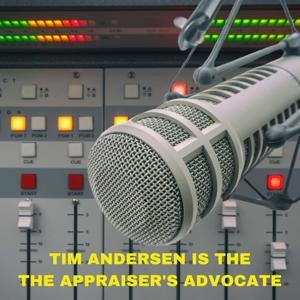In today's Buzzcast, we dive into Aloft and how their company is changing the appraisal industry with their techniques and new technology. Today we have Joan Trice, Founder of Allterra Group, LLC., Hansel Dobbs, Chief Appraiser of Aloft, and Travis Soukup, CEO of Aloft. We’ll be getting the inside scoop while they discuss the future of the industry and new technologies.
What is Aloft? How is technology within Aloft changing the industry? What can other companies learn from their business models with appraisers? These questions and much more will be answered as Joan, Hansel, and Travis have their discussion on this subject.
Have any comments or would you like to submit content of your own? Become an Appraisal Buzz Forum Member and comment below or email [email protected].
At The Appraisal Buzzcast, we host weekly episodes with leaders and experts in the appraisal industry about current events and relevant topics in our field. Subscribe and turn on notifications to catch our episode premieres every Wednesday!
You can find the video version of this podcast at http://www.youtube.com/@TheAppraisalBuzzcast or head to https://appraisalbuzz.com for our breaking news and written articles.



























